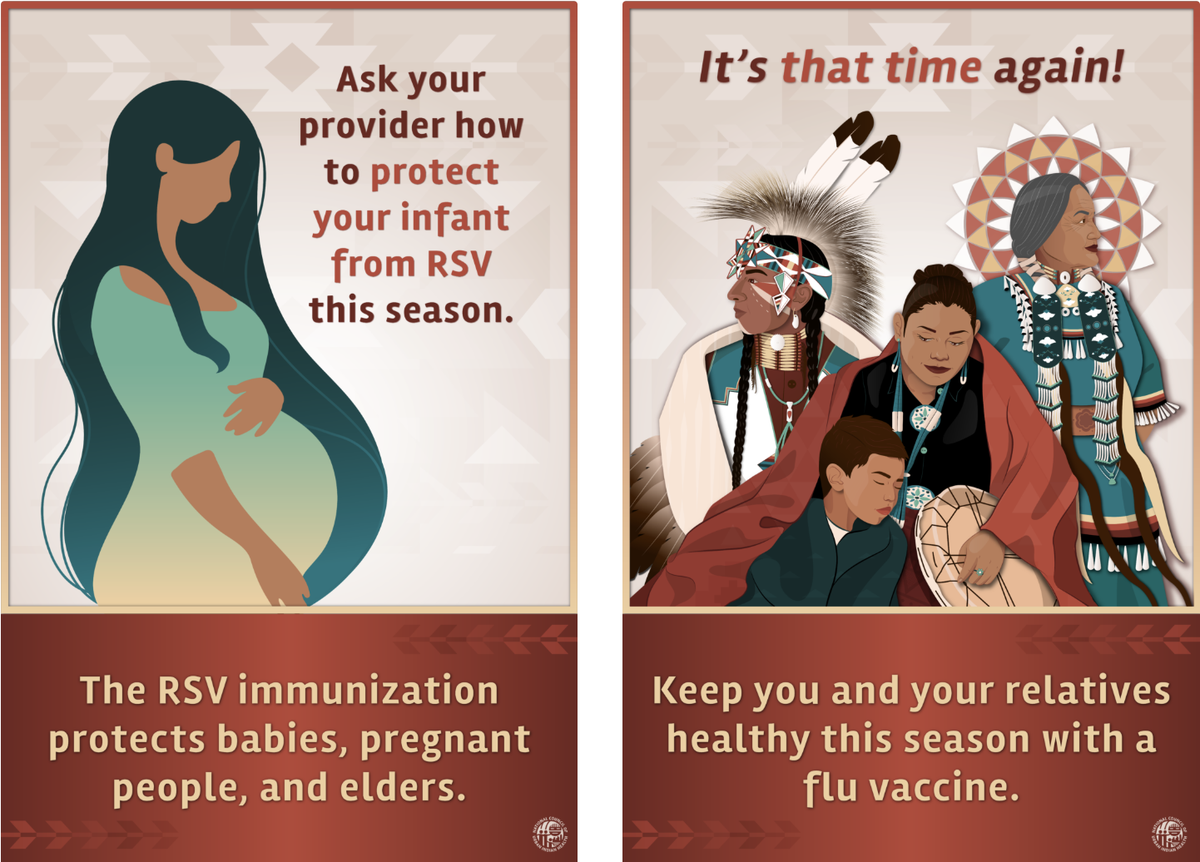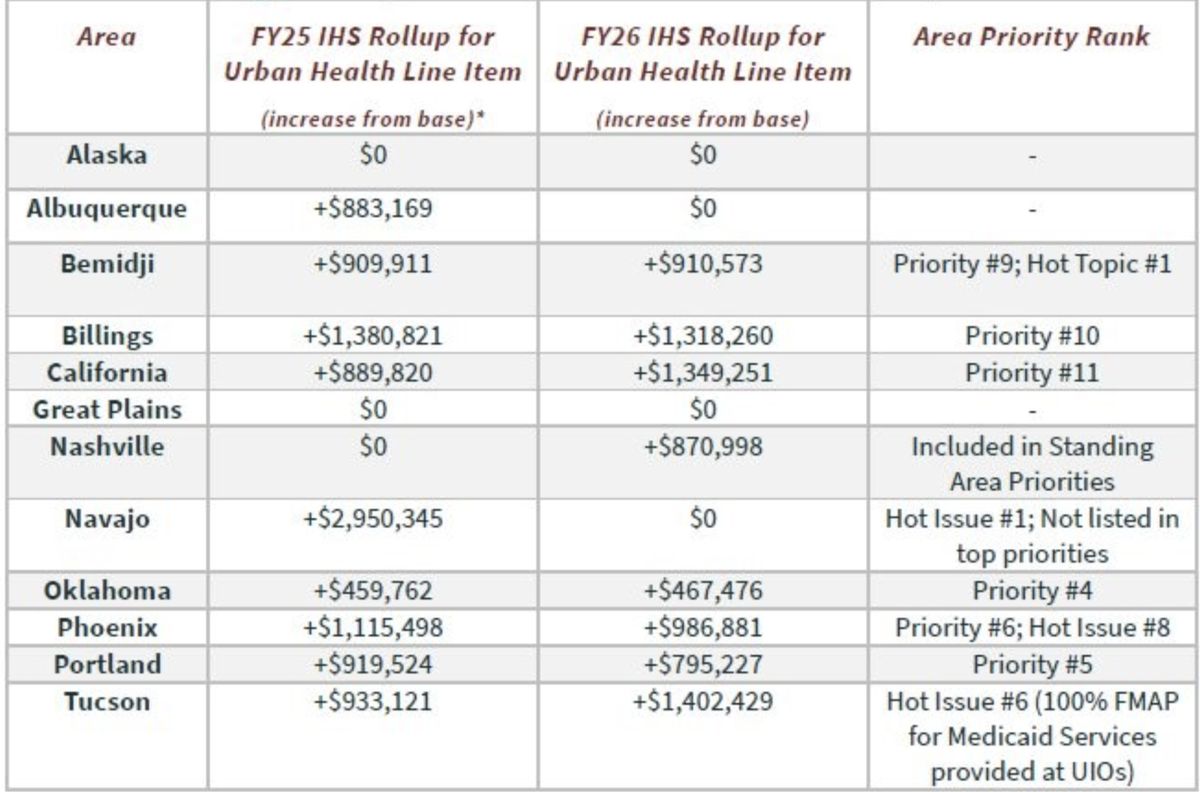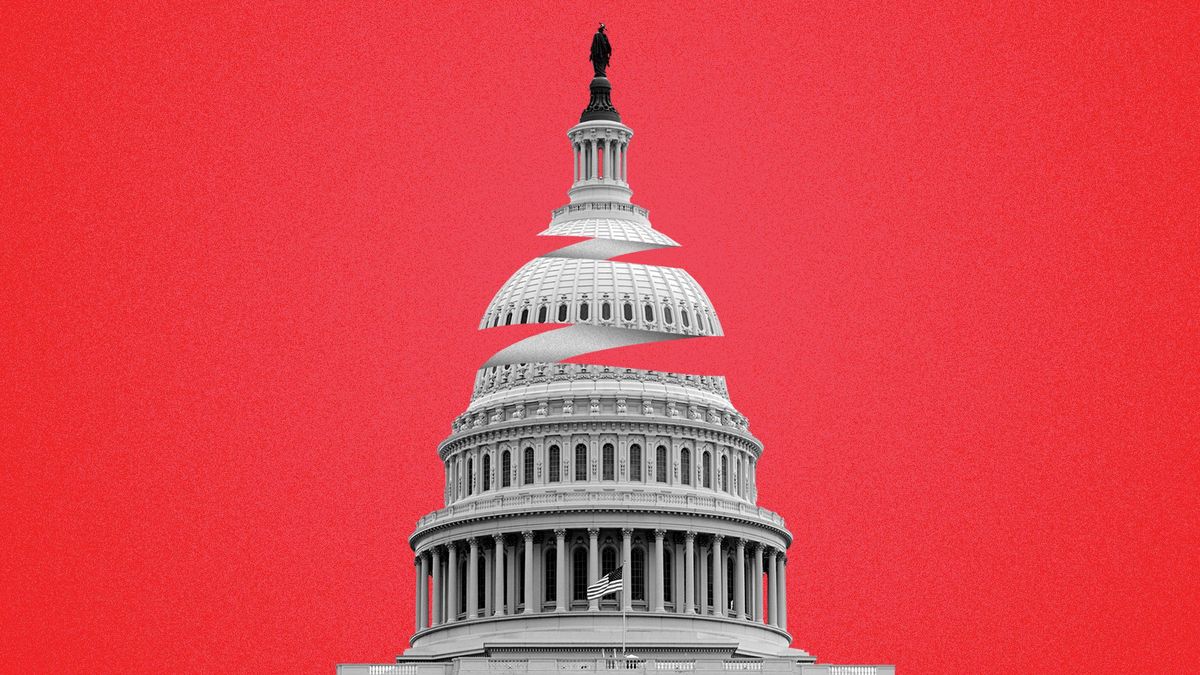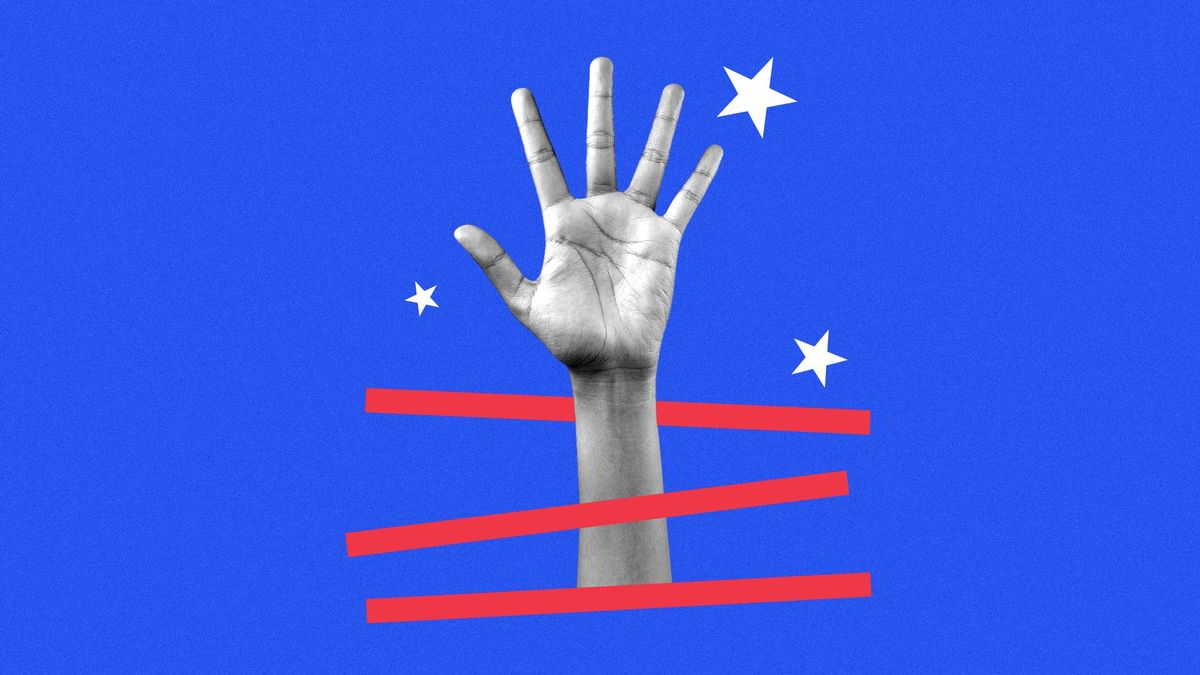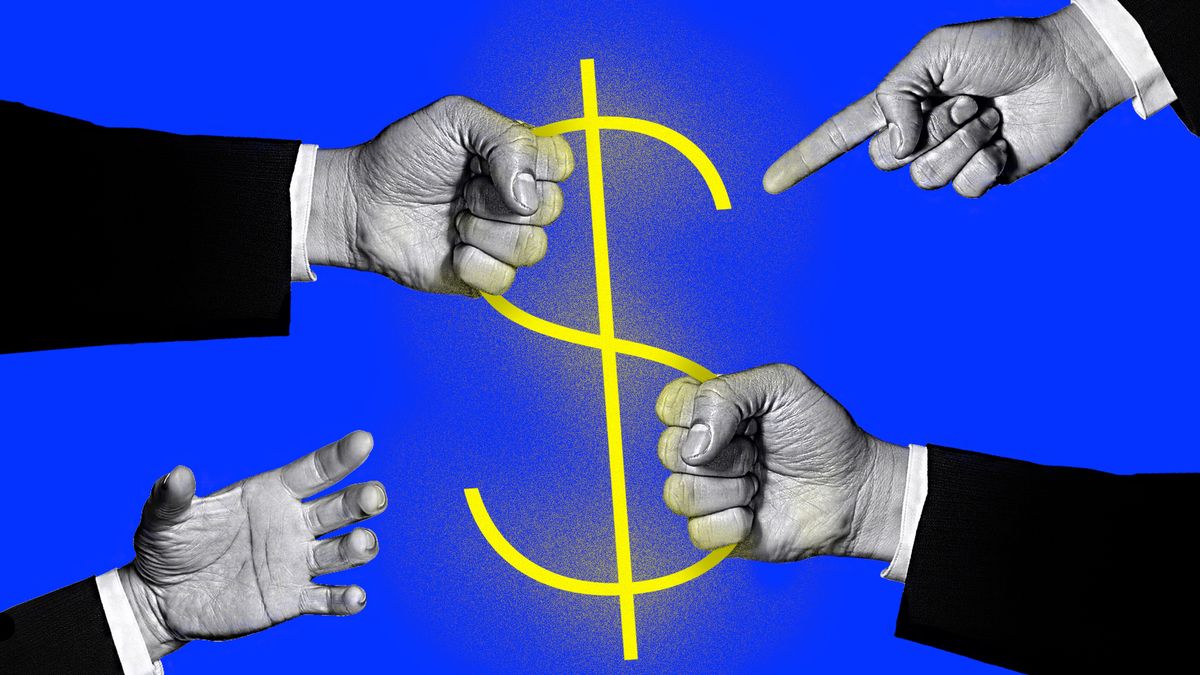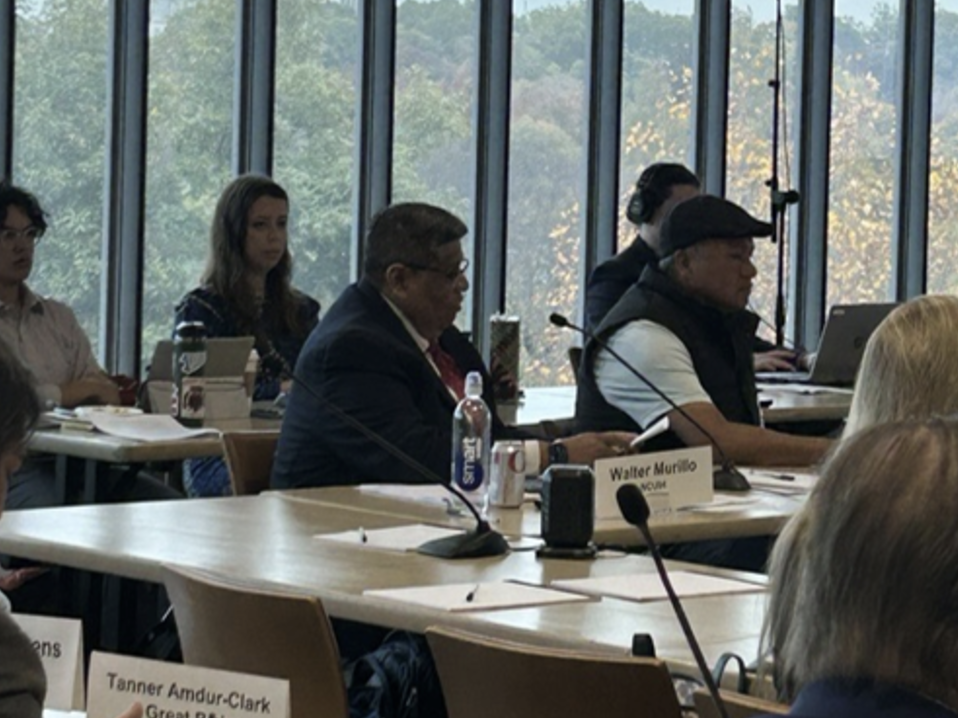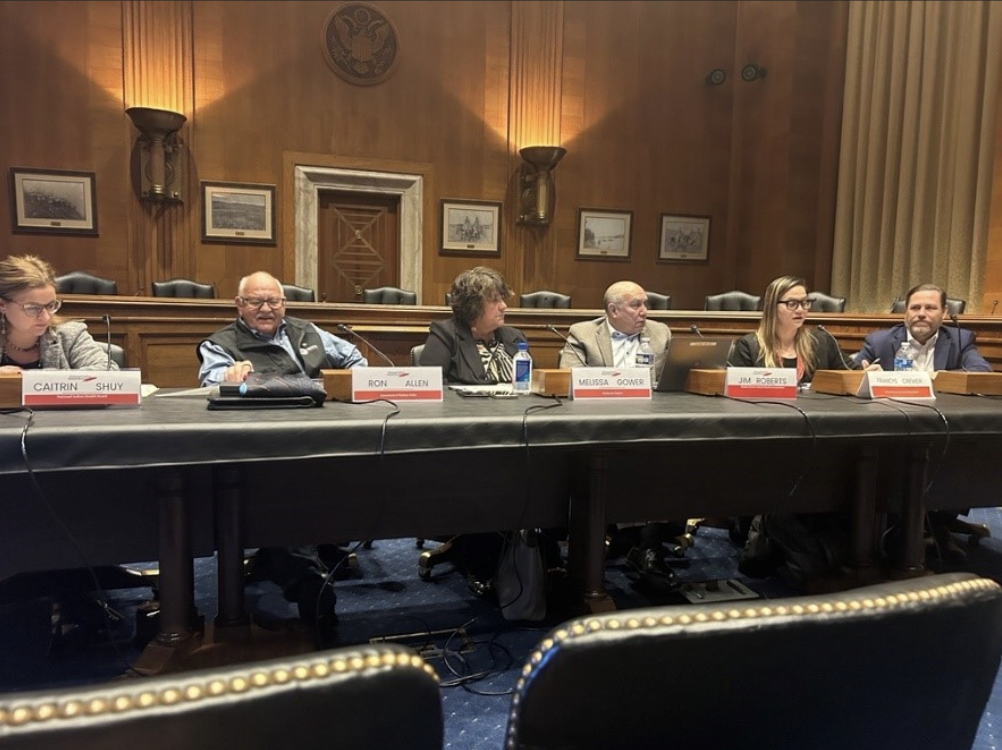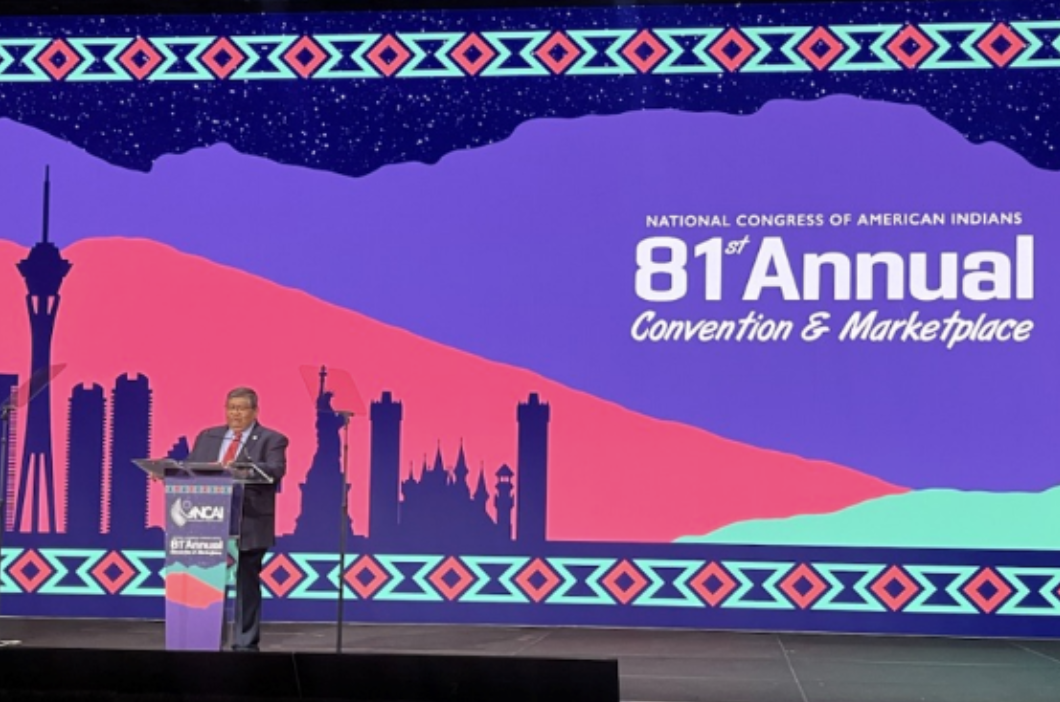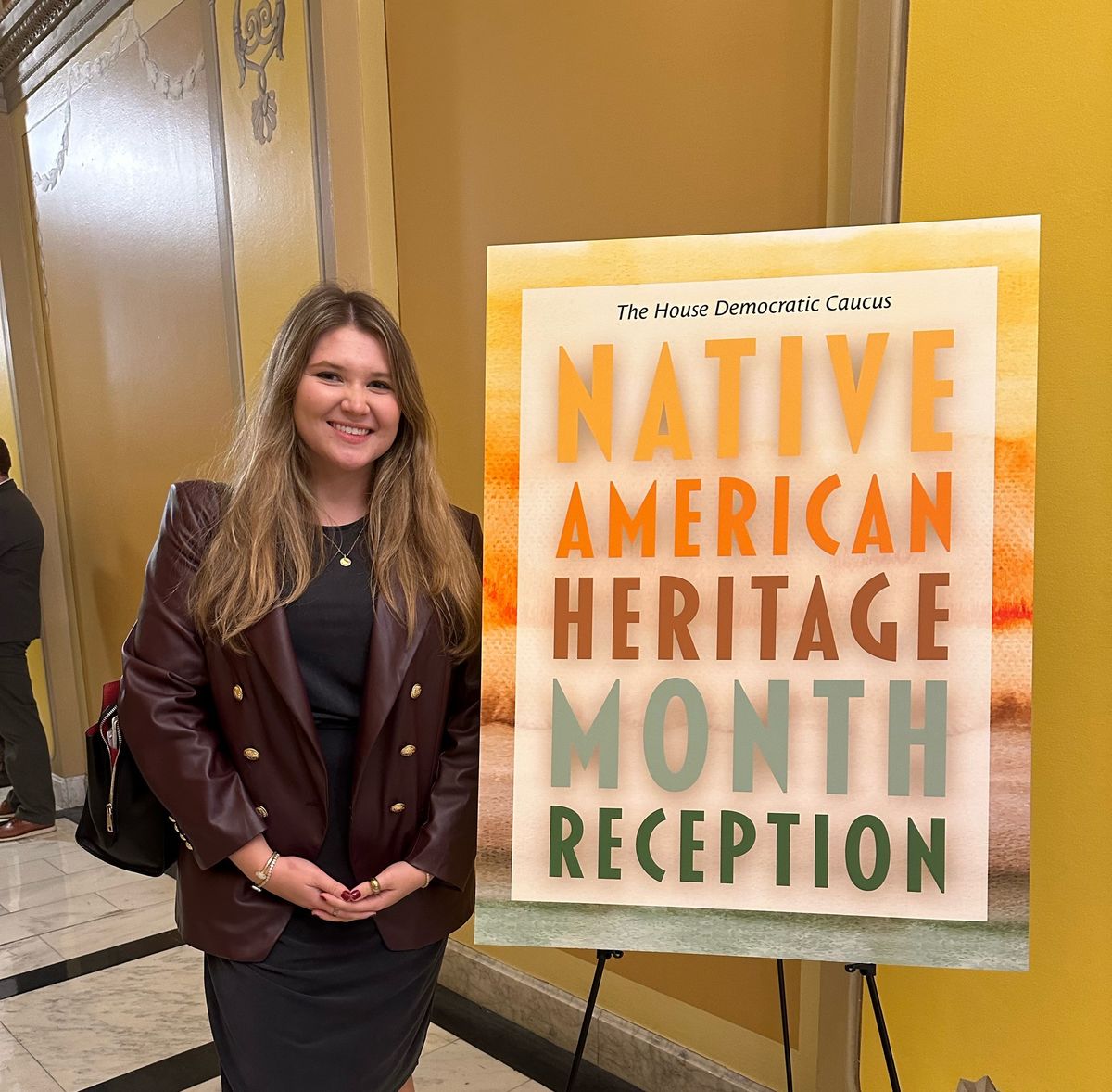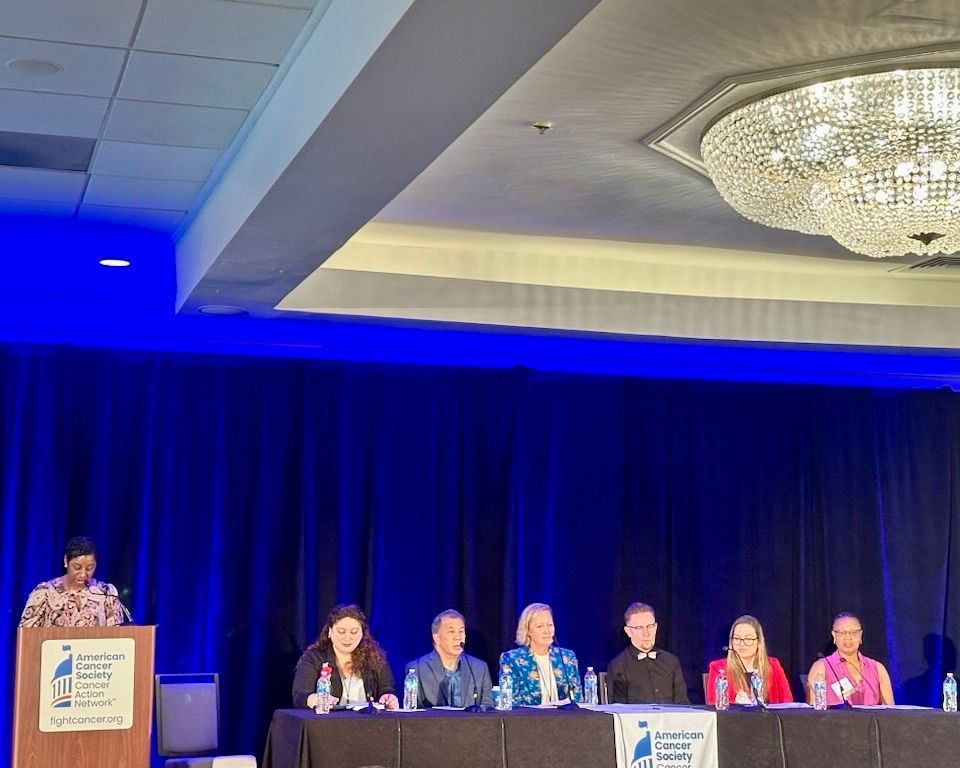On December 6, 2024, 198 House Representatives sent a Dear Colleague letter to Speaker Mike Johnson and House Minority Leader Hakeem Jefferies, requesting the reauthorization of Special Diabetes Program (SDP) and the Special Diabetes Program for Indians (SDPI) before the programs expire on December 31, 2024.
The letter was led by the Congressional Diabetes Caucus leadership, Rep. Diana DeGette (D-CO-1) and Rep. Gus Bilirakis (R-FL-12). The letter outlines that the programs have been historically bipartisan, received their first increase in funding in the March funding package in nearly 20 years, and the growing costs of medical care related to diabetes.
SDPI is a highly effective program that funds life-saving efforts to fight diabetes and improve long-term health outcomes. SDPI has provided grants to 31 Urban Indian Organizations (UIOs) that enables them to provide necessary services to reduce the incidence of diabetes-related illness among urban Native communities.
Full Letter
Dear Speaker Johnson and Leader Jeffries,
Thank you for your long-standing support of the Special Diabetes Program (SDP), an essential resource in our nation’s investment in diabetes research, treatment, education and prevention programs. We write today to ask for your continued commitment to this vital program by ensuring its reauthorization prior to its expiration on December 31, 2024.
Diabetes is one of our country’s most expensive diseases in both human and economic terms, affecting people of all ages and races, and in every region of our country. It is a leading cause of kidney disease, adult blindness, lower-limb amputations, heart disease, and stroke. Approximately one in four health care dollars and one in three Medicare dollars are spent treating people with diabetes. The total cost of diabetes in the United States was $412.9 billion in 2022, and medical expenditures for individuals diagnosed with diabetes are roughly 2.6 times higher than expenditures for those without the disease. Although the costs and prevalence of diabetes continue to increase, the SDP is making meaningful progress.
The SDP is comprised of two partner components: the Special Statutory Funding Program for Type 1 Diabetes Research (SDP) and the Special Diabetes Program for Indians (SDP-I). Since the program’s inception, it has delivered meaningful and impactful resources and research breakthroughs for the 38.4 million Americans with diabetes and 97.6 million with prediabetes, as well as their loved ones, who are impacted by the disease. It is essential we continue to invest in the research necessary to develop a cure for diabetes, as well as support the programs that help prevent and treat the disease and its complications.
Research funded by the program is leading to new insights and treatment options that improve the lives of diabetes patients and accelerate progress toward curing and preventing the disease. In recent years, this funding contributed to landmark research that culminated in the first early, preventive treatment that can delay clinical diagnosis of Type 1 diabetes (T1D) in those at high risk of developing the disease. SDP-funded research is also advancing knowledge of how insulin-producing beta cells are lost with T1D and how they can be protected or replaced in people, which is helping scientists accelerate new cell replacement therapies. The SDP has also allowed researchers to continue to make progress in other areas, such as:
Therapies to Delay T1D Onset: The SDP enabled the creation of TrialNet, the largest clinical network for T1D, which conducted the clinical trials that supported the 2022 FDA approval of the first disease modifying therapy for T1D, which can delay onset by nearly three years. Other therapies to delay and ultimately prevent onset are in the research pipeline.
Diabetes Prevention in the American Indian and Alaskan Native (AI/AN) Community: SDP-I has been one of the most successful programs ever created to reduce the incidence and complications due to Type 2 diabetes. Communities with SDPI-funded programs have seen substantial growth in diabetes prevention resources, and, for the first time, from 2013 to 2017, diabetes incidence in the AI/AN Page 2 population decreased each year. In addition, the average blood sugar level, as measured by the hemoglobin A1C test, decreased from 9.0 percent in 1996 to 8.1 percent in 2014 in the American Indian and Alaskan Native population, resulting in reduced risk of eye, kidney, and nerve complications.
Artificial Pancreas (AP) Systems: SDP-funded research laid early groundwork for developing AP systems, which have shown the ability to reduce costly and burdensome complications and improve the quality of life for those with the disease. SDP funds led to the first fully automated insulin-dosing system being made available to patients in 2017, some five to seven years earlier than expected. Positive results from clinical trials since then have led to another FDA-approved AP system and next-generation AP devices that have outperformed first-generation devices in adolescents and young adults. According to one study, the use of AP systems in adults could save Medicare roughly $1 billion over 25 years.
Eye Therapies: SDP-funded research discovered that combining a drug with laser therapy can reverse vision loss in people living with diabetes. The SDP also filled a critical research gap by funding a head-to-head comparison of three drugs for the treatment of diabetic eye disease. In the SDP era, diabetic eye disease rates have decreased by more than 50 percent for the AI/AN population, resulting in a reduction of vision loss and blindness.
Environmental Factors Influencing T1D: Researchers are conducting a groundbreaking 15-year study to determine what environmental factors influence the onset of T1D. They believe by identifying specific triggering factors, new strategies can be developed to prevent the initial onset of the disease.
These are only a few of the many groundbreaking discoveries made possible by the SDP. New technology, therapies, and data sets are improving the lives of the 136 million Americans living with or at risk of developing diabetes, while also greatly reducing the long-term health care expenditures related to its complications. Long-term, sustained investment in this program would provide the stability researchers need to continue large-scale trials, conduct outreach and education, and determine where best to allocate resources – all of which play an important role in helping to better treat, prevent, and ultimately cure diabetes.
We thank you for your steadfast support of the SDP in the March funding package when you helped deliver the first funding increase for the program in nearly 20 years. Congress has reauthorized the SDP with bipartisan support on a regular basis since the program’s inception in 1997, prior to this action, funding had remained flat since fiscal year 2004. During this time, the cost of research has increased, as has the size of the Indian Health Service population and the cost of medical care. We greatly appreciate your recognition of these considerations. Extending the SDP beyond December 2024 will continue our momentum and provide renewed hope for the diabetes community.
As we face yet another expiration of this program at the end of this year, we look forward to working with you to ensure the SDP can continue to support Americans living with or at risk of developing diabetes.
Recent Senate Support for SDPI Reauthorization and NCUIH Advocacy
On November 12, 2024, 55 Senators sent a letter to Senate Leadership requesting that SDP and SDPI be reauthorized before funding expires on December 31, 2024.
On October 23, 2024, NCUIH sent a policy alert to UIO leaders to contact Congress and urge members to sign onto the House and Senate Dear Colleague letters in support of SDPI reauthorization. On November 19, 2024, the National Council of Urban Indian Health (NCUIH) sent a letter to Senate Majority Leader Chuck Schumer, Senate Minority Leader Mitch McConnell, Speaker of the House Mike Johnson, and House Minority Leader Hakeem Jeffries requesting the reauthorization of SDPI at a minimum of $160 million per year.



